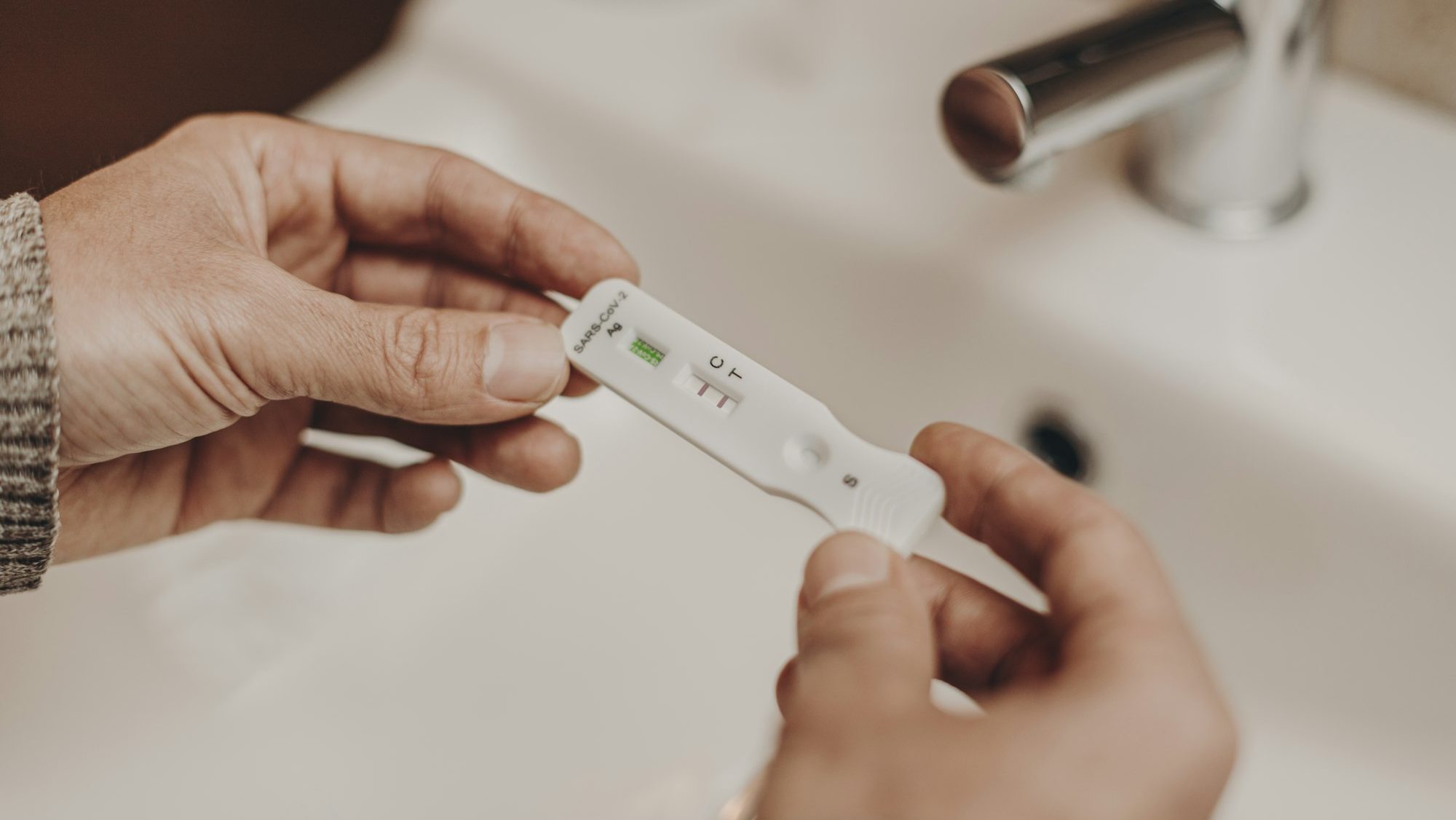Federal Treasurer Josh Frydenberg has announced that the Australian Government will be offering tax breaks for individuals and business that use rapid antigen tests (RATs) in order for them to attend work.
“Today, I’m announcing that we will ensure that Covid-19 testing expenses are tax deductible for testing taken to attend a place of work, giving businesses and individuals more clarity and assurance. We will also ensure that fringe benefits tax will not be incurred by employers where COVID-19 tests are provided to employees for this purpose,” says Australian Treasurer Josh Frydenberg.
For Australians who are wanting to claim the $6.50 payment on RATs, the legislation will be backdated to 1st July, 2021 and be valid for the 2021/2022 tax years.
Australian workers who earn an income that is taxed at 32.5 percent will get a refund of around $6.50 for each pack of two RATS for $20. This means that anyone who is earning an income between $37,001 and $87,000 a year is eligible.
Individuals who intend on claiming the tax back for their tests will be able to do so in the same way they claim other work-related expenses.
Workers who are earning less than $37,001 will qualify for free RATs under the Australian Government concession card program.
Anyone who is earning more than $87,000 a year will not qualify for the RATs tax break.
Small businesses who provide tests to employees will also be able to claim tax back on those tests.
Small businesses will reduce their fringe benefits tax liability by about $20 for every two-pack of RATs purchased for $20.
Businesses will only be eligible to claim the tax break for tests given to employees.
“Covid-19 tests are an important tool being used by businesses to protect their workforce and to ensure they can keep their doors open and our supply chains running. That is why we will bring Covid-19 tests in line with other work-related expenses by making them tax deductible for individuals and FBT exempt for businesses,” says Josh Frydenberg.
For the past few months, the Australian Government has received large amounts of criticism and pressure to make rapid tests more affordable for Australian workers.
Currently, people with Covid-19 symptoms and close contacts can receive a test at no cost via state and commonwealth testing hubs.
Concession card holders can also pick them up from pharmacies for free.
However, everyone else has had to purchase them with money from their own back pockets.
“As the pandemic has evolved so has our response, and by making common sense decisions like this, we are making it easier for households and businesses to get on with their lives,” says Australian Treasurer Josh Frydenberg.
Restaurants Across Australia Are Fighting Over Workers To Keep Their Businesses Running
Some restaurants across Australia have resorted to poaching workers from rival hospitality venues by offering them a higher pay rise to keep their business operating. Furthermore, a number of hospitality establishments across Australia have been forced to close temporarily for the first time since the beginning of the covid-19 pandemic.
The fast-spreading Omicron variant has left many industries, especially the hospitality industry in economic disarray as thousands of workers have either tested positive to covid-19 or been required to isolate as a result of being a close contact of a positive case.
A trickle of international students and temporary workers back into the country after border closures has also exacerbated staff shortages for a number of businesses, while others that manage to stay open are operating on a knife edge.
For a number of venues who have had a large percentage of their employees being unavailable to work due to covid-19 isolation requirements, the trading hours of many hospitality venues is dependent on how many people are available to work at that given time of day or night.
Furthermore, many hospitality venues are noticing an increase in rude customers who are complaining about the wait times for them to receive their meals as there are fewer employees available to work in the kitchen. As a result of this, meals are taking longer than usual to be made for customers.
“That’s why I always ask the customers before they order food if they don’t mind waiting as we catch up with orders due to staff shortages. Please be kind with the hospitality industry right now. We are trying our best to serve you,” says Hana Tania, owner of Indonesian restaurant Ayam Ria Penyet.
Hana Tania reveals that some restaurants had also resorted to poaching staff with offers of better pay.
“Let’s say we were already offering a rate based on the standard award, but a fine-dining restaurant could offer them $35 an hour to wash dishes. Many restaurant owners that I know told me that they can’t compete with them. A couple of restaurant owners have even offered to give their staff a few hundred bucks extra if they can refer and bring their friends to work,” says Hana Tania.





